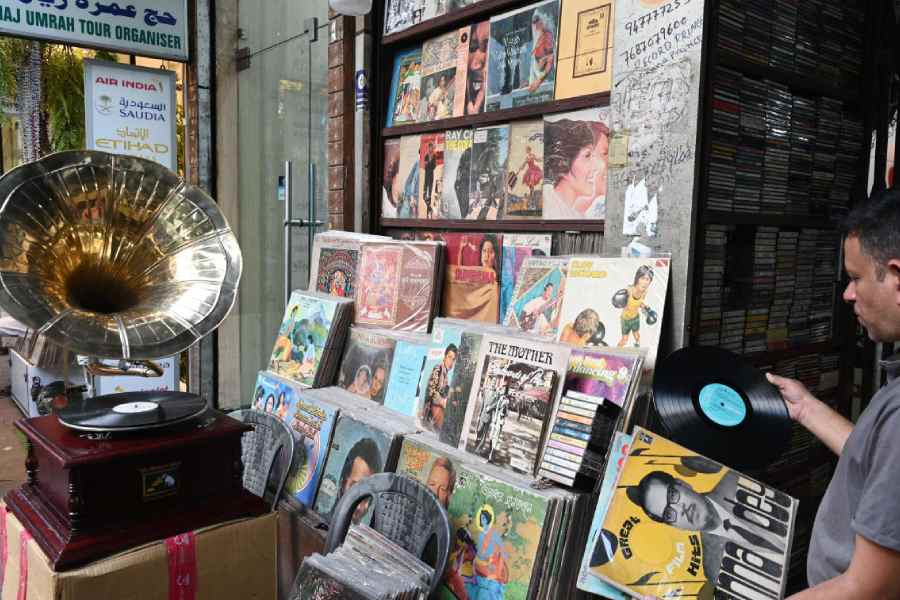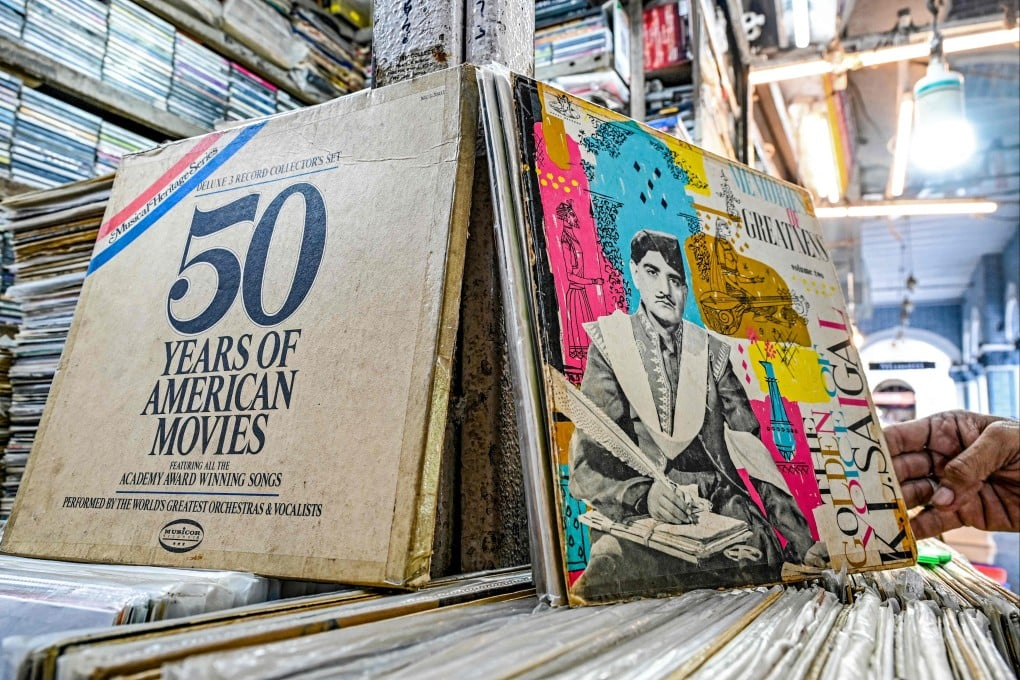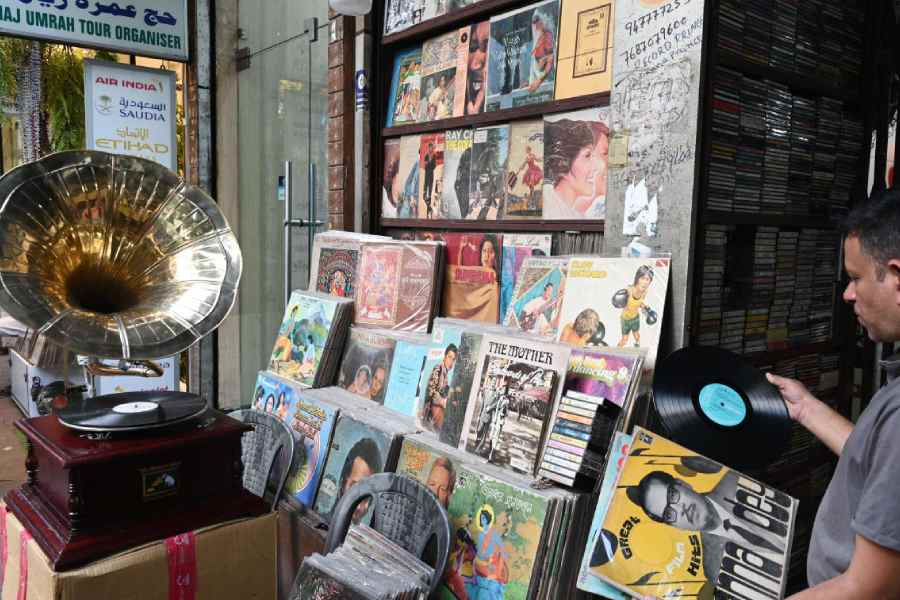
Vinyl Rebellion: Why India Is Rejecting Streaming in Favor of Analog Anarchy
|
|
Time to read 1 min
|
|
Time to read 1 min

Chandni Chowk’s narrow lanes hide an unexpected revolution. Amid the spice stalls and silken scarves, dusty vinyl shops thrive under flickering filament bulbs. Here, generations collide as young collectors hunt mint-condition Bollywood LPs and veteran aficionados unearth rare rock pressings from the 1970s. Shopkeepers source these treasures from long-forgotten warehouses, breathing new life into analog relics once deemed obsolete.
In South Mumbai’s trendy cafés, “Vinyl Evenings” have become sanctuaries for music purists. Attendees cradle sleek Audio-Technica turntables, marveling at the crackle of the needle as it meets vinyl and the enveloping warmth of analog sound. This ritual isn’t mere nostalgia; it is a deliberate revolt against the sterile convenience of streaming algorithms. By reclaiming lost jazz from Delhi’s golden era and underground rock from Kolkata’s backstreets, enthusiasts assert that true musical innovation demands a dive into the past.

Shopkeepers source these treasures from long-forgotten warehouses, breathing new life into analog relics once deemed obsolete.
Beyond India’s metropolises, the rebellion ripples outward. In Bangalore’s industrial lofts, tech entrepreneurs host swap meets where code and chord charts mingle. Kolkata’s indie bands skip digital platforms entirely, pressing their own records to reclaim control over their sound. In Chennai, retro-diner pop-ups pair vinyl spins with nostalgia-soaked menus, forging multisensory events that underscore the medium’s tactile allure. This sprawling tapestry reveals a singular truth: vinyl’s resurgence is not a quaint fad but a cultural salvo against a digital monoculture.

Why has India embraced this analog anarchy? In an era of content overload and fleeting digital interactions, vinyl offers a countercultural haven. It transforms listening into ceremony—an intimate, unhurried communion with sound and history. Each record becomes a time capsule, each playback a pilgrimage. By rejecting the algorithm’s dictates, India’s vinyl rebels assert their agency, reclaiming music as a tangible artifact of identity and heritage. In every echoing groove, they defy the march of progress, insisting that the future of music must be rooted firmly in the analog past.
